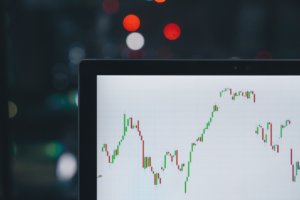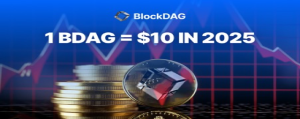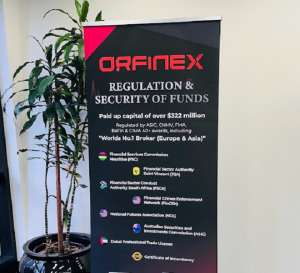Major banks oppose proposed class certification in FX benchmark rate fixing case
According to big banks like HSBC, Citi and UBS, the proposed plaintiffs’ class certification should not proceed.

The parties in an FX benchmark rate fixing case targeting some of the world’s major banks have clashed over proposed class certification.
As FinanceFeeds has reported, the plaintiffs seek to certify the following class:
“All consumers and businesses in the United States who directly purchased supracompetitive foreign currency at Benchmark exchange rates from Defendants and their co-conspirators for their own end use at least since January 1, 2007 to [December 31, 2013]”.
On February 21, 2020, the defendants in this case – Bank of America, N.A., Bank of America Corporation, Barclays Capital, Inc., Barclays PLC, Citibank, N.A., Citicorp, Citigroup, Inc., HSBC Bank (USA), N.A., HSBC North American Holdings Inc., JP Morgan Chase & Co., JPMorgan Chase Bank, N.A., Royal Bank of Scotland, plc, and UBS AG, filed their reply to the plaintiffs’ proposal.
The defendant-banks’ response, seen by FinanceFeeds, states that the putative class cannot be certified under Federal Rule of Civil Procedure 23.
The banks note that the plaintiffs’ claims are based on the theory that defendants allegedly manipulated certain benchmark rates for some, but not all, foreign currency pairs on some, but not all, days during the alleged relevant period. In particular, the plaintiffs’ third amended complaint (“TAC”) and the accompanying declaration of their expert refer to the 2:15 p.m. European Central Bank (“ECB”) benchmark rates (CET) and the 4:00 p.m. World Markets/ Reuters (“WM/R”) closing benchmark rates (GMT).
The banks say that alleged manipulation of a currency benchmark rate results in the artificial inflation of one currency in a pair and the artificial deflation of the other, such that purchasers of the inflated currency may have been injured, while sellers of the inflated currency would have benefited.
According to the banks, the plaintiffs’ effort to cure this conflict problem by limiting membership in the class only to “purchasers of supracompetitive foreign currency” causes additional problems and raises myriad individual issues. In particular, class membership is not ascertainable if the class is not defined by objective criteria that make it unnecessary to hold a mini-hearing for each putative class member to determine whether he or she is in the class.
The defendants argue that, since no benchmark exchange rate is alleged to have been manipulated on every day of the relevant period, and because, even on days on which a benchmark rate for a particular currency pair was allegedly manipulated, the value of each currency in the pair may have been manipulated upwards or downwards, the Court cannot practically ascertain (without a hearing as to each individual purchaser’s transactions) whether any of that individual’s purchases were at a supracompetitive rate and thus whether that individual is a member of the putative class.
Because class membership is not ascertainable without thousands of hearings, and because those individual issues required to determine whether a person is a member of the putative class would predominate over common issues, plaintiffs’ proposed class cannot be certified, the banks conclude.
According the banks, the plaintiffs’ limitation of class membership to purchasers only also fails to eliminate the intra-class conflict that arises between purchasers of allegedly artificially inflated foreign currency who may face offsets to any recovery or otherwise seek to preserve other claims based on their sales of foreign currency.
For instance, on a day when the relevant benchmark exchange rate for USD/EUR was allegedly manipulated to inflate the EUR value and deflate the USD value, a putative class member who purchased EUR on that day may have been injured while another putative class member who had previously purchased EUR at an allegedly artificially inflated rate and who, on returning from Europe, sold her remaining EUR for USD may have benefitted by the same episode of alleged manipulation. These individual class members would have conflicting interests in proving the direction and extent of any manipulation of the relevant benchmark rate for USD/EUR on that day.
Finally, according to the banks, the named plaintiffs are inadequate to represent the class. Only one named plaintiff—Valarie Jolly—produced any records of retail foreign currency purchases from any defendant during the putative class period. The remaining named plaintiffs have not produced any records of retail foreign currency purchases from any defendants during the putative class period and, to date, the remaining plaintiffs appear not to be members of the class they purport to represent. Ms. Jolly’s transaction history is said to undermine any contention that she has an adequate interest in proving manipulation on any of the thousands of days on which she did not purchase foreign currency from a bank.
The lawsuit continues at the New York Southern District Court.









